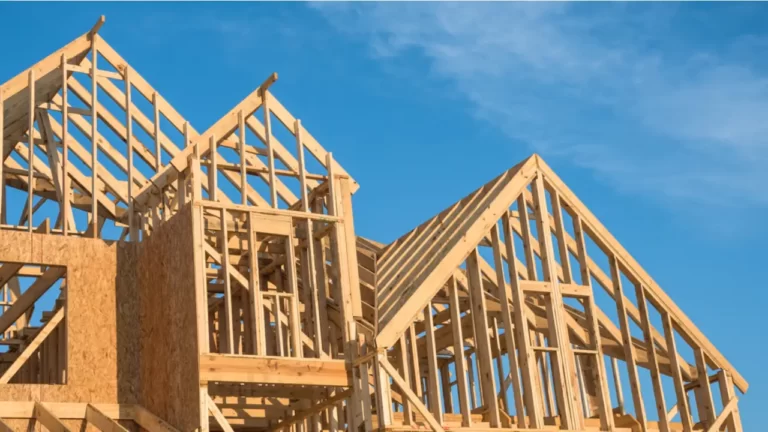A cash-out refinance is a popular way for homeowners to access the equity in their homes. It involves replacing your current mortgage with a new one that has a higher balance, allowing you to receive the difference in cash. Many people are drawn to this option because it can help them pay off high-interest debt, fund home improvements, or invest in other opportunities. However, one question that comes up frequently is: how long does a cash-out refinance take?
The short answer is that the timeline for a cash-out refinance can vary depending on several factors. In general, you can expect the process to take between 30 and 45 days. However, it’s important to note that this is just an estimate, and there are many variables that can impact the timeline.
One of the biggest factors that can affect how long a cash-out refinance takes is the lender you choose. Different lenders have different processes and requirements, and some may be more efficient than others. It’s a good idea to shop around and compare offers from several lenders before deciding on one.
Another factor that can impact the timeline is your own financial situation. For example, if you have a complex financial history or credit issues, the underwriting process may take longer. Additionally, if you’re self-employed, you may need to provide additional documentation to verify your income, which can also slow things down.
The appraisal process is another potential bottleneck in the cash-out refinance timeline. In order to determine the value of your home, the lender will typically require an appraisal. Depending on where you live and how busy the local real estate market is, it can take several weeks for an appraiser to complete the appraisal and provide a report.
Finally, the speed at which you provide documentation and respond to requests from your lender can also impact the timeline. It’s important to be organized and responsive throughout the process, and to provide any requested information as quickly as possible.
To help speed up the cash-out refinance process, there are a few things you can do. First, make sure you have all your financial documents organized and ready to go before you start the process. This includes things like tax returns, bank statements, and pay stubs. Additionally, be proactive in responding to requests from your lender and providing any additional information they need.
In conclusion, a cash-out refinance can be a great way to access the equity in your home and achieve your financial goals. However, it’s important to be prepared for the fact that the process can take several weeks, and to understand the factors that can impact the timeline. By working with a reputable lender and being organized and responsive throughout the process, you can help ensure a smooth and timely closing.







